What's New in Robotics This Week - Jun 09

Manufacturing & cobots, I doubt, therefore I am (A robot), ICRA 2017 roundups, Alphabet to sell Boston Dynamics, China's 130-foot, solar-powered drone, and much more! We hope that the news we have selected will interest and amuse you. Enjoy!
Manufacturing & Cobot Roundup
Researchers at CMU and Google have created an adversarial training strategy based on game theory and deep learning that could be used to improve manipulation tasks such as grasping.
IEEE Spectrum explains:
With this in mind, researchers from Carnegie Mellon University and Google decided to combine game theory and deep learning to make grasping better. Their idea was to introduce an adversary as part of the learning process—an “evil robot” that does its best to make otherwise acceptable grasps fail.
The concept of adversarial grasping is simple: It’s all about trying to grasp something while something else (the adversary, in research-speak) is making it difficult to do so
Separately, experts at Bielefeld University have developed a grasp system with robot hands that autonomously familiarizes itself with novel objects. The new system works without previously knowing the characteristics of objects, and could be used to handle pieces of fruit, for example, or tools.
Demand for speed reducers --a core technology in robotics-- has grown seven-fold over the past year, according to Japanese electric motor manufacturer, Nidec.
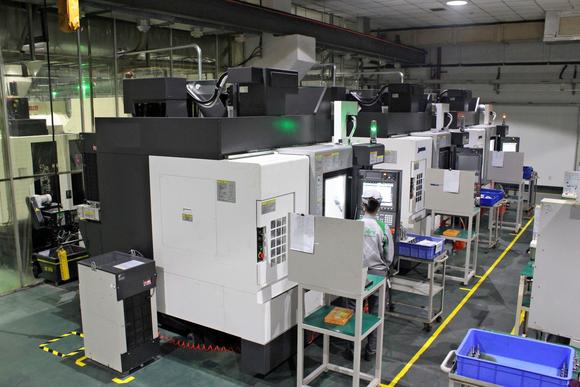 Caption: Nidec will add equipment to increase production of speed reducers. (Picture: Nikkei)
Caption: Nidec will add equipment to increase production of speed reducers. (Picture: Nikkei)
Robotics & Automation News reports:
Nidec previously produced 5,000 units a month, but the company had to boost production to 10,000 by May. And it will have to go to 20,000 units by next March because of even more orders.
Nidec-Shimpo is said to hold a market share of 5 per cent, but with the increases in production projected to take it to 20 per cent within two years.
Blue Ocean Robotics showed off its TUG logistics bot and fleet management system, which is currently being used in one of Bosch's manufacturing facilities...
Fanuc's cobot is being deployed in classrooms...
China is dealing with a glut of robots, according to The Star Online.
Robotic Vision Technologies and Universal Robots introduced a new 3D cobot packaging application.
euRobotics released video about Co4Robots , a European cobot research project:
ICRA 2017 Roundups
ICRA 2017 took place last week in Singapore, bringing together robotics experts from around the world to share ideas and show off the latest systems. This year's edition saw bots for volleyball training, a gastropod-inspired actuator, and the University of Bonn's NimbRo picking system.
Robohub, PAL Robotics' blog and IEEE Spectrum are all good places to catch up on the event. Spectrum also posted a great compilation of videos:
Breaking: Alphabet to Sell Boston Dynamics to SoftBank
Terms of the deal remain undisclosed, but Japanese firm SoftBank is set to purchase high-profile robotics firm Boston Dynamics.
Via BusinessWire:
The transaction aligns with SoftBank’s investments in paradigm-shifting technologies and its vision of catalyzing the next wave of smart robotics. The terms of the transaction were not disclosed.
Masayoshi Son, Chairman & CEO of SoftBank Group Corp., said, “Today, there are many issues we still cannot solve by ourselves with human capabilities. Smart robotics are going to be a key driver of the next stage of the Information Revolution, and Marc and his team at Boston Dynamics are the clear technology leaders in advanced dynamic robots. I am thrilled to welcome them to the SoftBank family and look forward to supporting them as they continue to advance the field of robotics and explore applications that can help make life easier, safer and more fulfilling.”
More at The Verge.
China's 130-foot, Solar-Powered Drone
Researchers at the Chinese Academy of Aerospace Aerodynamics have created a massive, lightweight, solar-powered drone with a top speed of up tp 125 mph.
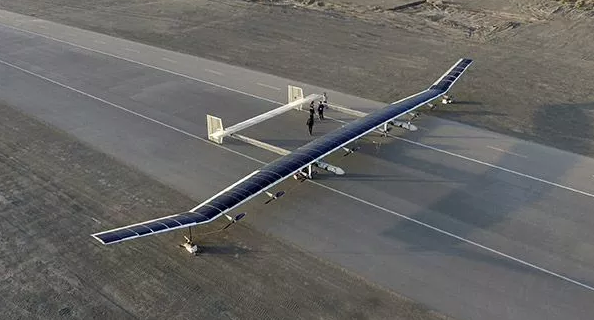 Caption: Including payload, the CH-T4 weighs just 880 pounds.
Caption: Including payload, the CH-T4 weighs just 880 pounds.
Via Popular Science:
The "Caihong-T 4" (CH-T4), built by the Chinese Academy of Aerospace Aerodynamics (CAAA), has a double-bodied fuselage, cranked wing, and twin tail. It's got a wingspan of 40 meters—or about 130 feet, which means its wider than a Boeing 737 jetliner. Despite the large size, it weighs between 880 and 1,100 pounds. It owes its this lightness to its carbon fiber and plastic components.
In other drone and unmanned vehicle-related news, driverless cars with no human backup could hit French roads for testing as early as next year, according to a report in PhysOrg.
Californian researchers talked about their work with agricultural drones:
AI Trends ran an interesting piece on competition among mapping software developers, which it describes as "The billion dollar war in the self-driving car market."
And Alphabet has developed a possibly game-changing air traffic control system for drones.
I Doubt, Therefore I Am (A Robot)
Evidence suggests that making robots a little more doubtful might make them easier to integrate into society, according to a team of researchers from the University of California at Berkeley.
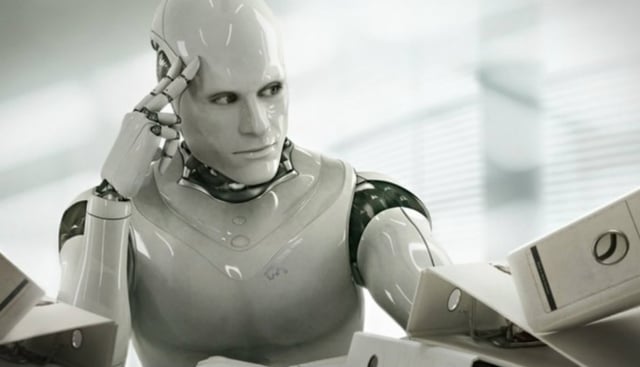
TechXplore explains:
To better understand the problem, the researchers created a mathematical model meant to depict an interaction between a robot and a human with parameters for adjusting self-confidence. In one simulation, a robot with a built-in off switch was asked to perform a desired task. At that point, a human was given the option of allowing the robot to continue or hit its off switch. But the robot had the ability to override its own off switch, and thus the human's wishes.
The researchers found that robots given a healthy dose of self-confidence, as might be expected, chose to override the human's wishes and turn themselves back on. When given just a little bit of self-confidence, on the other hand, the robot stayed off, even if it judged itself doing a good job.
If I'm not mistaken, this research first surfaced in 2016, but it seems to have advanced since then.
At first glance, doubt doesn't appear to be a very useful or essential capability.
But consider the importance of doubt in Western historical development, from Augustine's "I doubt there I am" to Descartes' more famous formulation "I think, therefore I am," which, many argue, set the philosophical stage for the transition from the medieval to the modern, scientific world.
Time will tell, but it's intriguing to wonder whether 'doubt' will play a similarly important role in the development of AI.
One thing that isn't in doubt is whether or not I'll be back next week with more news from the world of robotics.
Until then, I hope you enjoy these videos and links!
When Will Robots Deserve Human Rights? (Gizmodo)
Watch a Navy robot submarine launch a drone (Popular Science)
China’s strategic plan for a robotic future is working (The Robot Report)
Intel drones and sensors make cricket debut (The Engineer)
Robot Cars Can’t Count on Us in an Emergency (New York Times)
The Global Search for Education: What Does My Robot Think? (Huffington Post)
SpaceX Will Launch Next Secret X-37B Mission for US Air Force (Space.Com)
Localization uncertainty-aware exploration planning (Robohub)
AlphaGo AI to Tackle Some Real World Challenges (Singularity Hub)
How Robots Are Helping Chinese Students Solve Real-World Problems (Forbes)
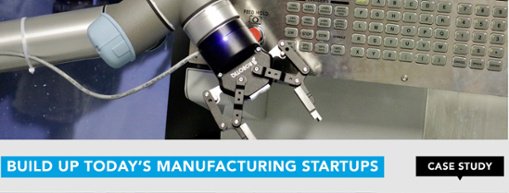
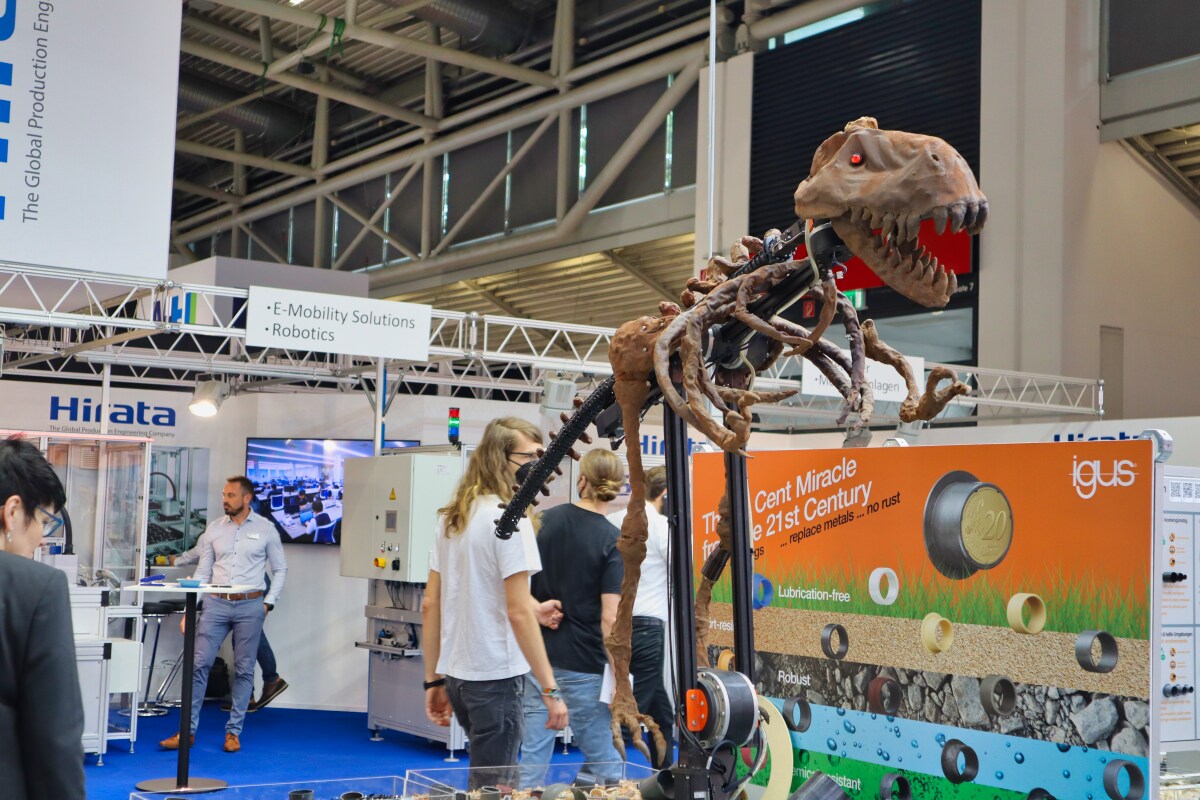

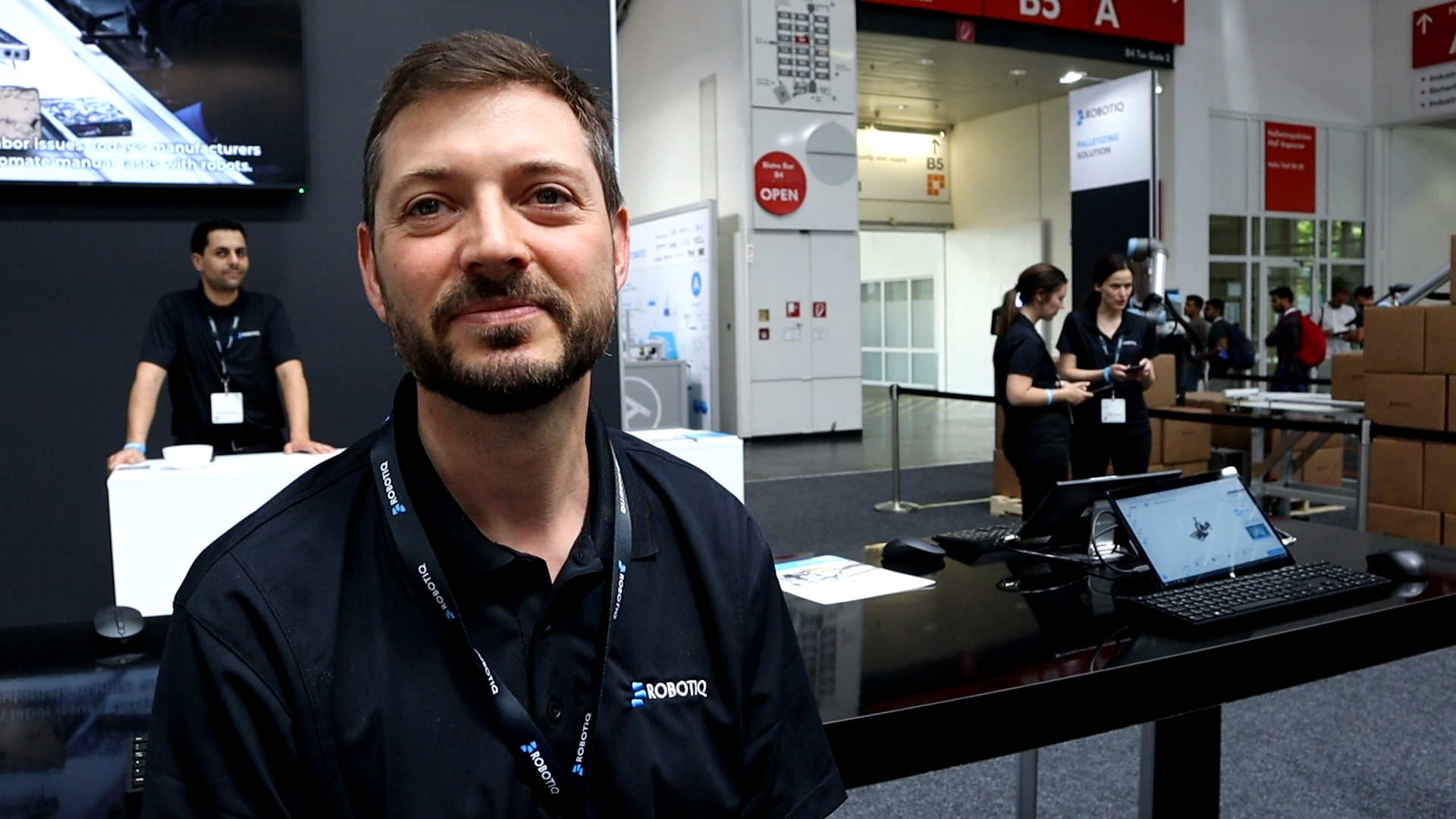
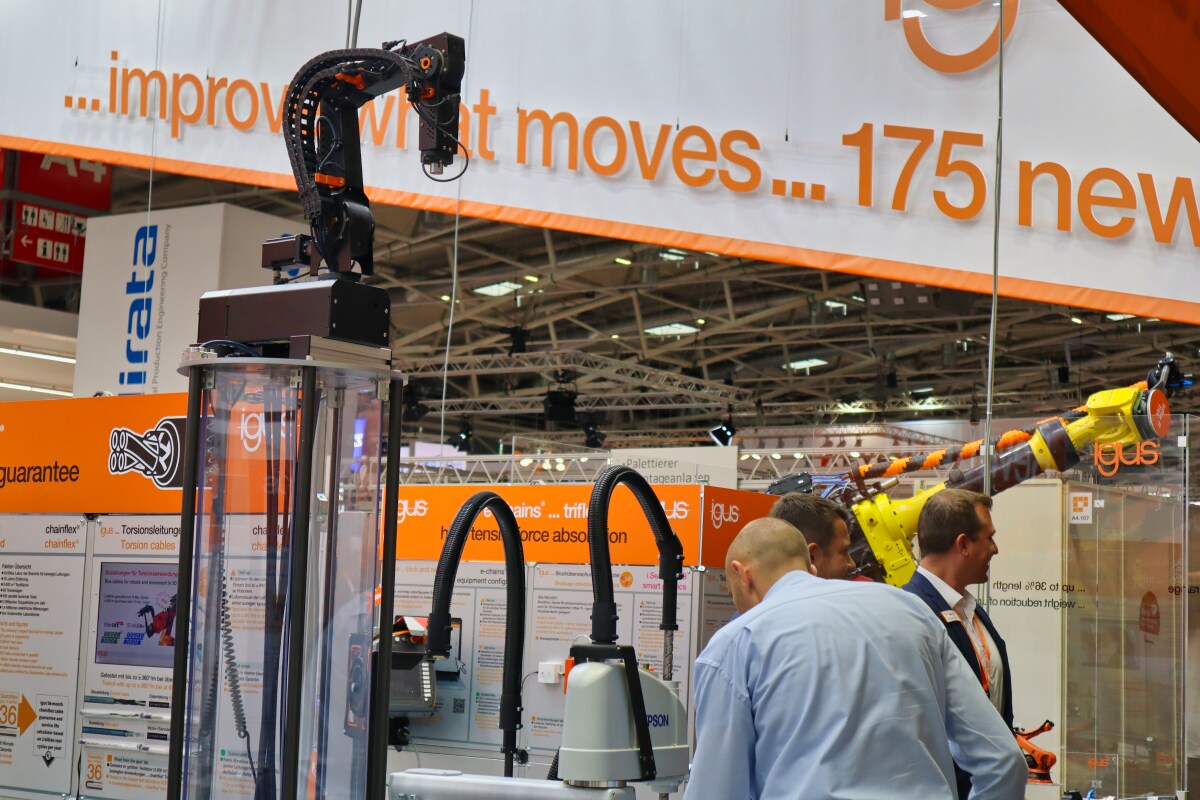
Leave a comment